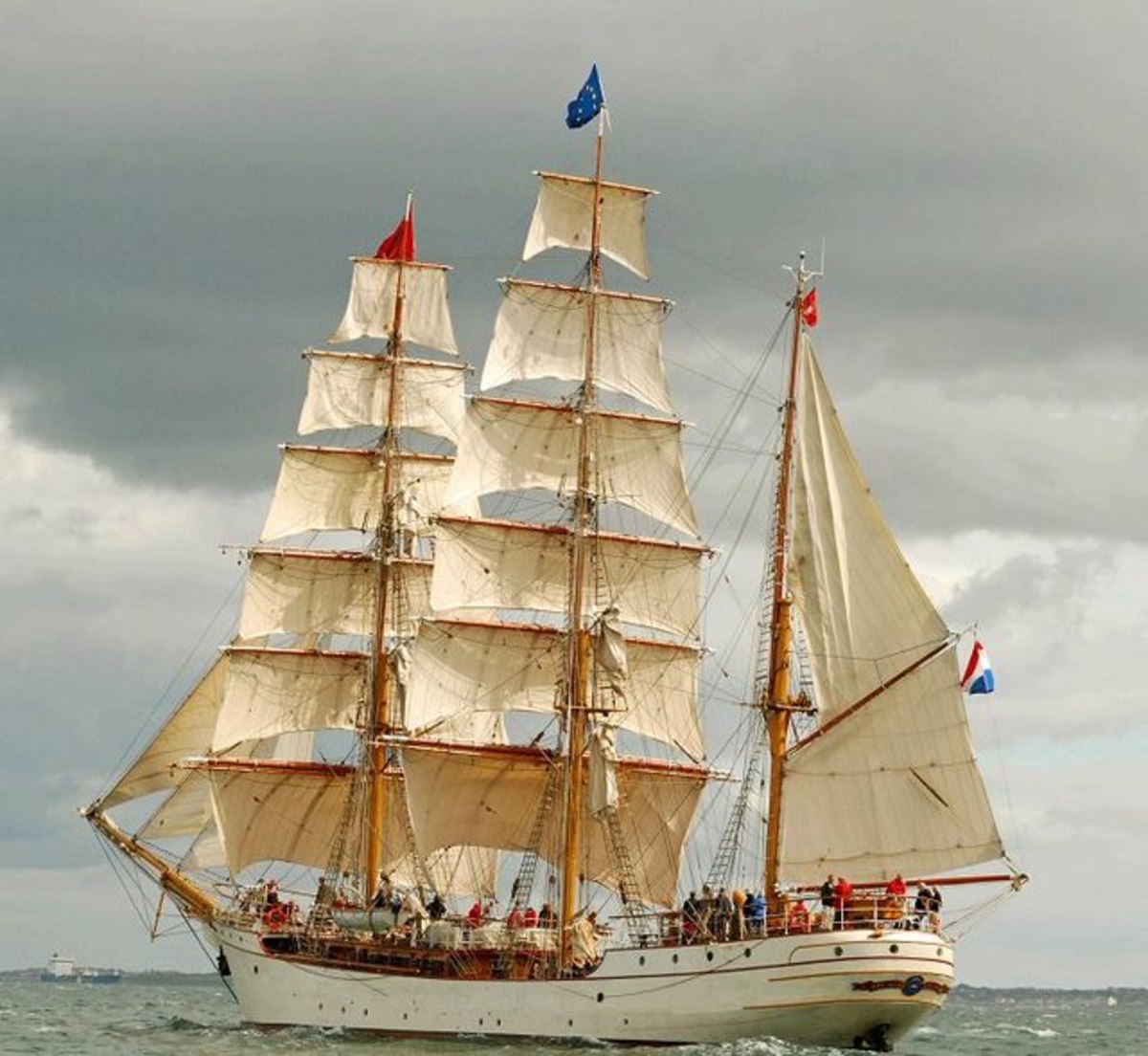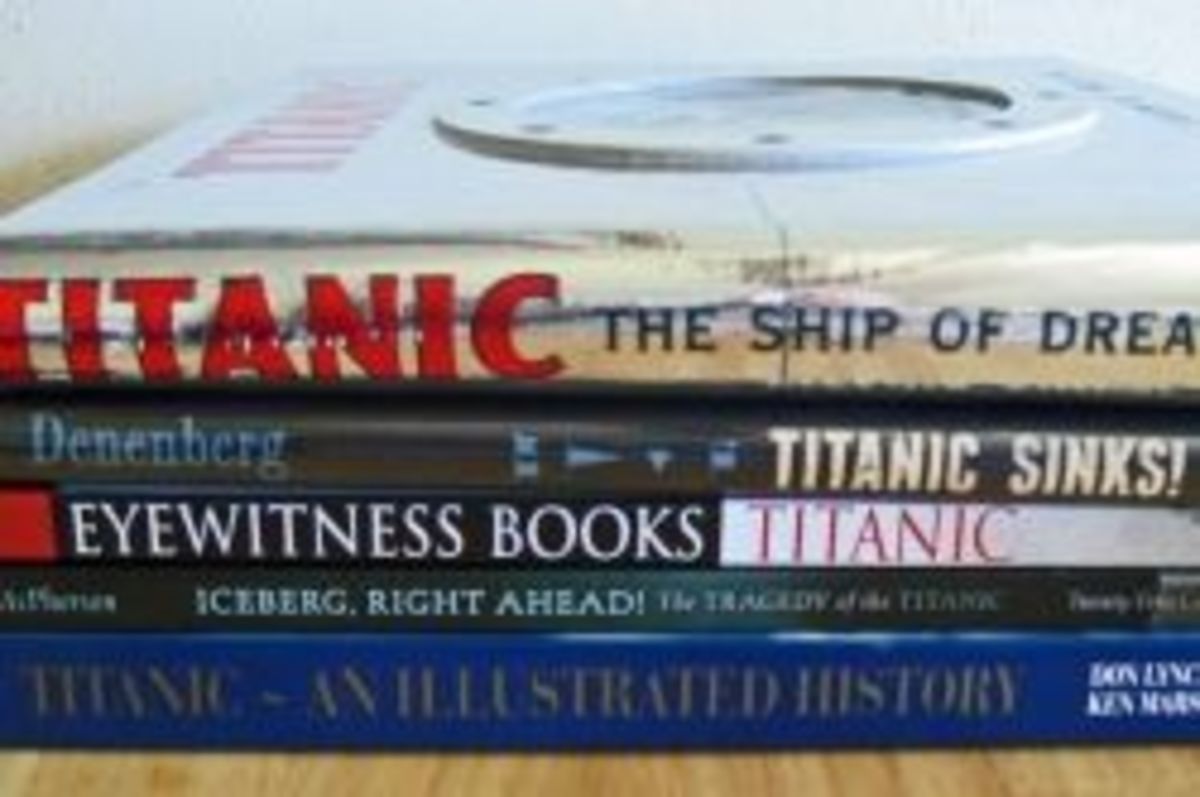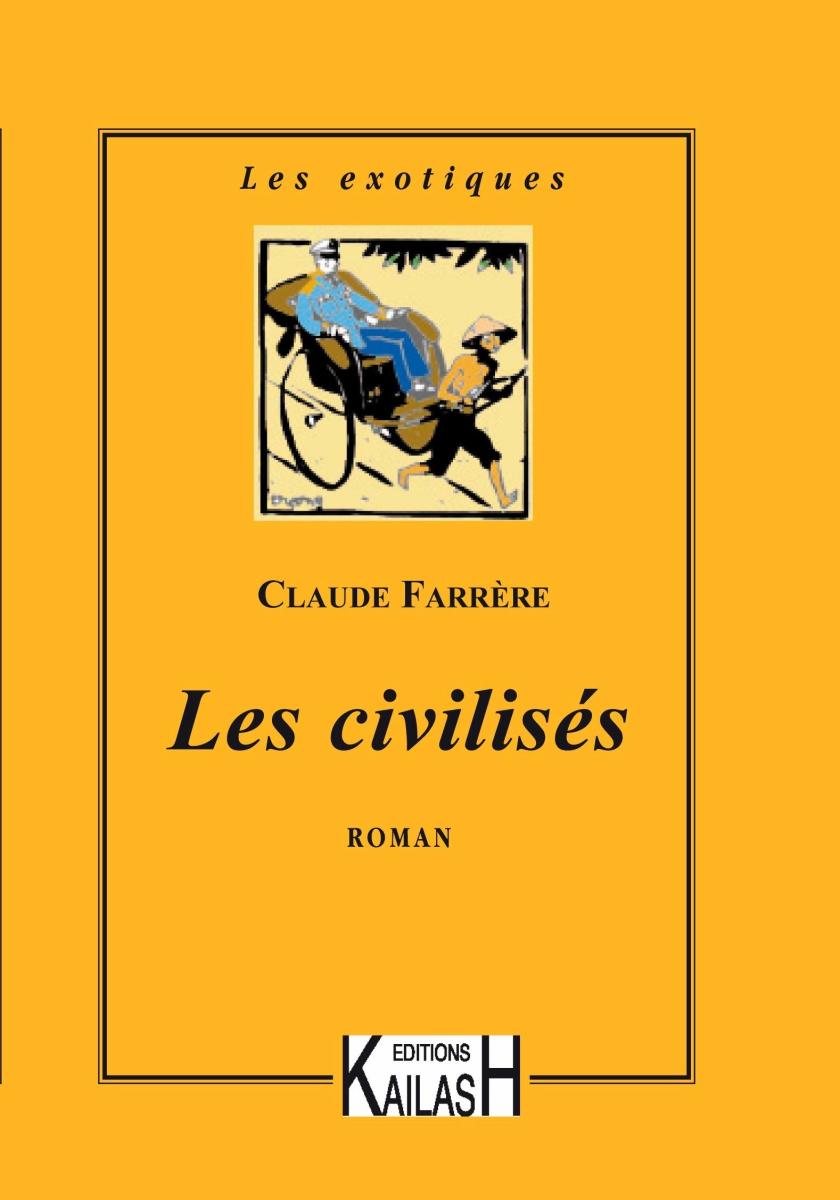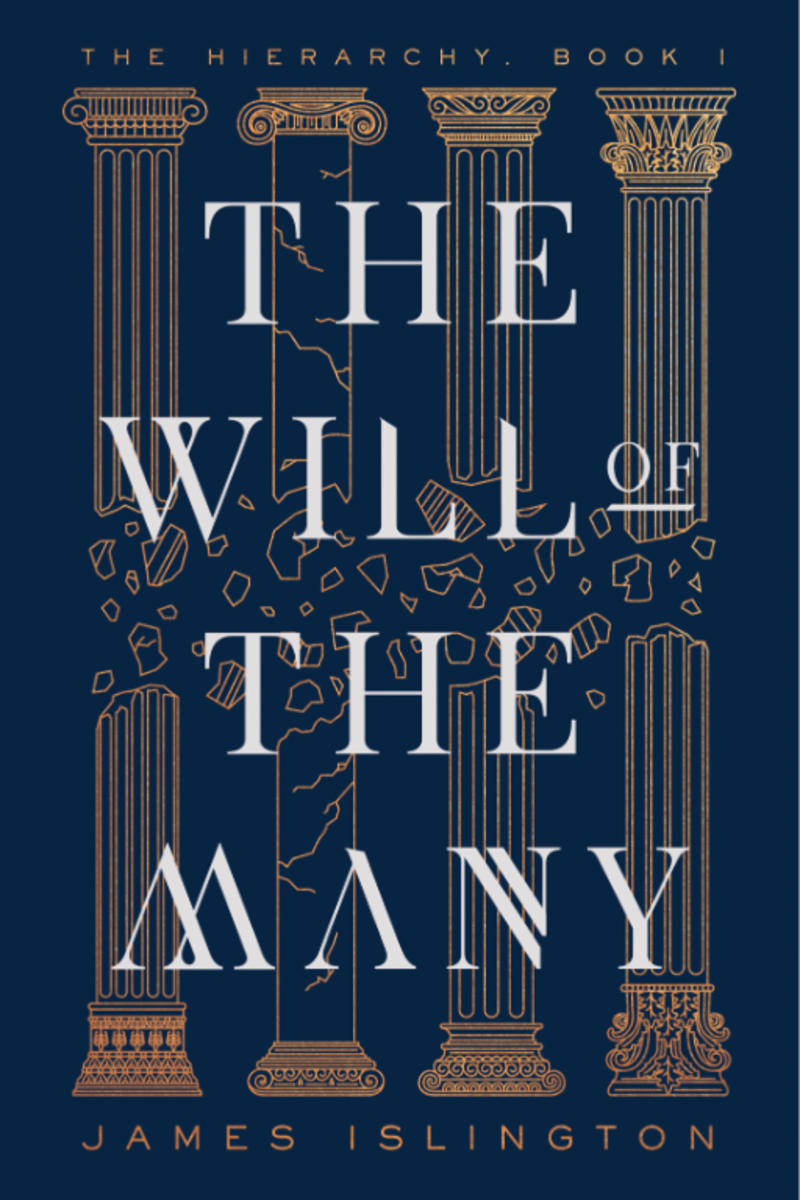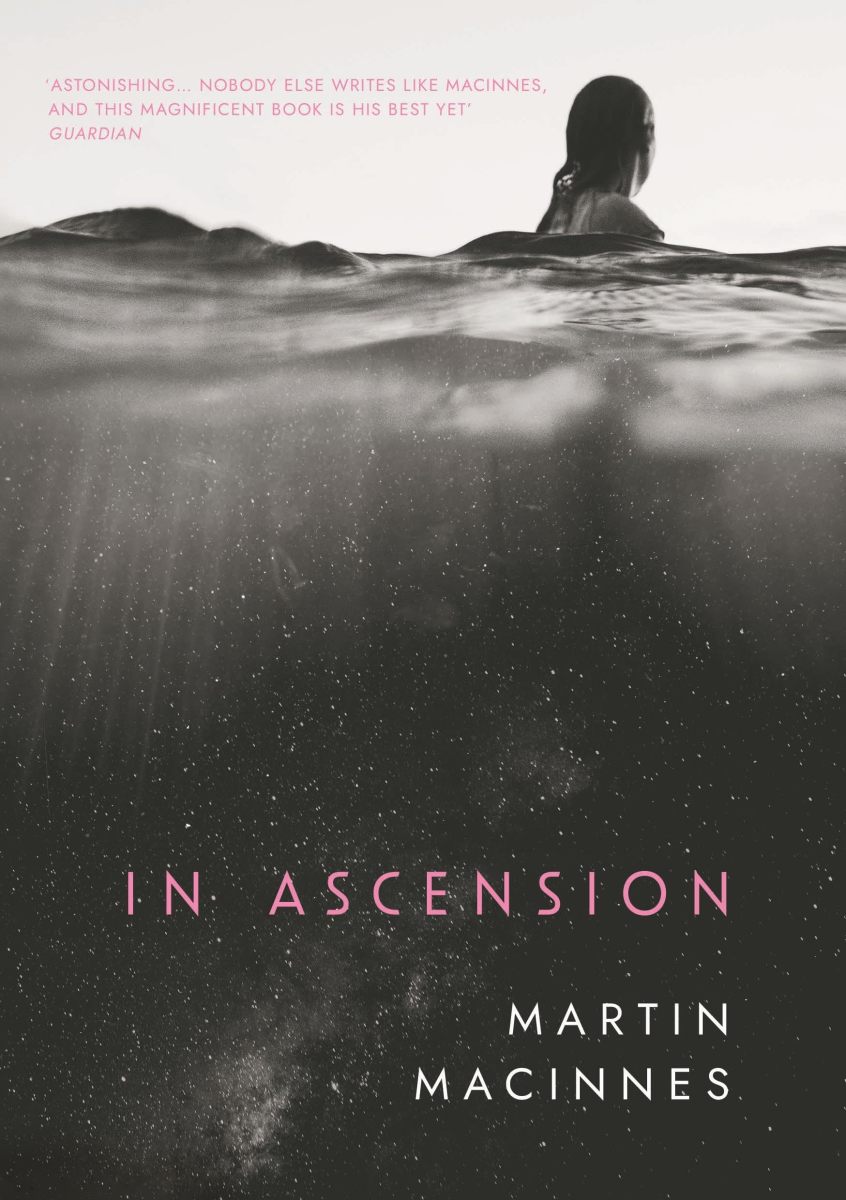Books - China Trio 2: Shambaugh, Waley, Fairbank
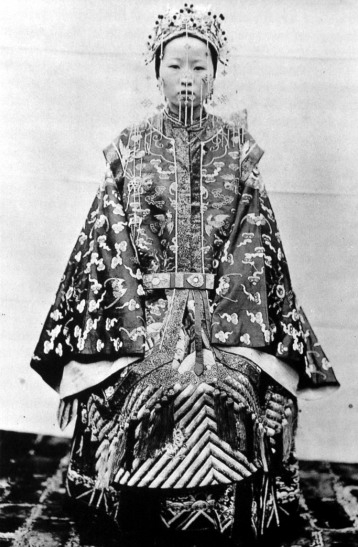
We'll keep this up, three at a time
Reading about China and going there: two great things about that country.
The books start with the ones produced by the Chinese themselves, an immense number, even in translation. Then there are the ones by foreigners beginning with Marco Polo and Odoric of Pordenone in the 14th Century, continue is an unbroken stream, and literally flood the market today. One needs to pick and choose.
This series of trios is intended to peak your interest by providing suggestions for reading -- providing them in sets that have a certain focus, though often a very diverse focus, but which at any rate do not overwhelm by spotlighting the vast panorama that lies ahead.
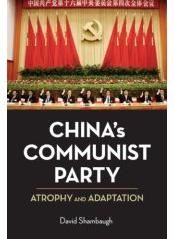
David Shambaugh: "China's Communist Party: Atrophy and Adaptation"
We learn many interesting things about that opaque institution, the CCP, in this path-breaking book. For example --
- By coincidence, the day the Chinese Communist Party used tanks to put down the student revolt in Tiananmen Square, Poland's Solidarity, the alternative to communism, won an overwhelming victory at the polls.
- Poland was the first domino to fall in Eastern Europe, but the others fell soon afterward, including the big one. The CCP wondered why its domino was still standing, says Shambaugh, a poly sci prof at DC's George Washington University.
This capacity for introspection is one of the most interesting things to emerge from Shambaugh's book. Why did communism disappear so quickly from such a large part of the world? Could in happen in China? What to do?
Shambaugh has had access to inner-Party documents and has conducted useful interviews in order to answer these questions. The party seems to have decided, after extensive study of what happened outside China, that flexibility is the key, and that involves change, reinvention, and outreach -- rather like a globalized industrial firm that wants to improve its earnings per share.
Keeping the economy growing and improving living standards are central tactics, but so is tight control of the media. Another tactic is to bring the party to the people, the people who now count, the entrepreneurs gloriously getting rich. (Shambaugh points out, however that at the same time thousands have been excommunicated, weeded out).
To make all this effective, it is necessary to turn over the leadership on a regular basis. Surprisingly, this has been done. Hu Jintao is already grooming his successor. Beijing-watchers are delighted with this, of course, because it allows them to speculate.
So far, all this seems to have been effective. For how long can it continue?
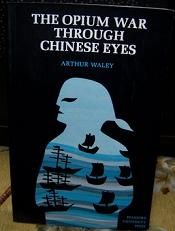
Arthur Waley: "The Opium War Through Chinese Eyes"
In my previous review of this book, I said: "A classic -- based on a sterling idea -- well executed." Nothing since has dimmed my appreciation of this book and the way it takes up back to the beginning of modern Chinese history -- the beginning of real contact with the West -- and shows us what this looked like from the inside.
Waley's stated goal is to bring the wax figure of Commissioner Lin (Waley saw him in Tussaud's catalogue of 1945) to life, a hundred years after his death, through translating and presenting his diary. Here we have (with some important supplements) the day-to-day thoughts and actions of the man who started the Opium Wars. These wars humiliated both vanquished and victor, pried open the door that later became an Open Door, and awarded Hong Kong to the United Kingdom, which only gave it back a century and a half afterwards.
So, Lin Zexu (the modern form of his name; Waley uses Lin Tse-hsu, with umlaut over the final letter) is a very important figure, not only in Chinese history but in modern world history. And having Waley read his diary for us is both illuminating and immensely interesting. We see this scholar-mandarin issuing blood curdling death threats if British traders do not offer up their opium for destruction, but at the same time composing poems and inquiring about the latest results from the imperial examination, which he himself studied his whole life for and in which he excelled. He also kept his diary.
It is usually argued that the relationship between East and West began with silk. More modern substances, however, are at the foundation of the contemporary relationship between East and West -- opium and gunpowder. The latter, of course, is a Chinese invention of about 850 AD, but a thousand years later it was used against them, explosively, to "open up" China by the British navy and their Sepoy marines.
The diary begins with Lin's long journey from Beijing all the way to the southwest of the country, to Canton (now Guangzhou) to deal with the "opium problem." He had written a memorandum previously which was based on his study of the situation, and how difficult the problem was, and the emperor had read that memorandum and decided that Lin was the mandarin for the job. One of the surprising things about this journey is how circumscribed were the conditions of his travel, limits on personnel and spending and appearances, all due to excesses by court officials under the previous emperor.
He finally makes it to Canton, however, and starts issuing his orders and threats, penning his poems, and pursuing the strategies he had outlined to the emperor. Many chests full of opium are eventually handed over and destroyed.
When the situation deteriorates, after initial success, and the field of battle moves north, out of Lin's jurisdiction, Waley very usefully supplements the account with the diaries of other interesting Chinese, one of them a "humble poet".
Perhaps this is best way to start learning about China -- by looking out from the Middle Kingdom at the rest of the world, rather than in to the Middle Kingdom from outside?
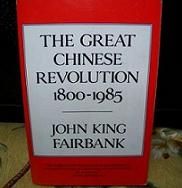
John Fairbank: "The Great Chinese Revolution 1800-1985"
One of the key events in Fairbank's story occurs in China's far Southwest, in Kunming, the capital of Yunnan Province. He notes that the local warlord was no friend of Chiang Kai-shek and managed to protect to some extent the freedoms of expression which CKS crushed elsewhere, thus benefiting Kunming's Southwest Associated University which had been formed out of academics fleeing the Japanese takeover of China's Northeast. Fairbank refers to a "student and faculty movement for a coalition government and against civil war."
What a dangerous thing to do, though, to form such and movement and to step between two mortal enemies and hold them at arm's length and ask them to make peace!
Fairbank's book is a terrific book and any country lucky enough to have a survey this good done of its history over this period is a lucky country indeed. Aside from virtues like insight, comprehensiveness, useful concepts, clarity, and a vastly interesting story, the book is funny. "Dikes along the river were mended by engineers so competent that they could use comparatively vast imperial allocations of funds to build dikes that would look good enough but last only a few years." "The Son of Heaven, even when stupid, like that late Ming emperor who spent his time in carpentry...."
It is also full of fascinating facts, far too numerous to recount in detail, but here is one:
"For intellectuals to clean latrines was not simply a matter of a mop and detergent in a tiled lavatory, even a smelly public one. On the contrary, the cities of a rapidly developing China have both modern and early modern plumbing, but their outskirts as well as the vast countryside have retained the old gravity system. The custom, so admired by ecologists, was to collect the daily accumulation, almost as regular as the action of the tides, for mixture with other organic matter and to develop it through composting to fertilize the fields."
Another: Sun Yat-sen in 1894 took "a long, rather run-of-the-mill reform proposal" to Li Hung-chang (China's first great modernizer, sometimes called the "Bismarck of the East") but Li was too busy even to see Sun. Sun "turned to revolution." He organized a secret society and created a front organization, the Agricultural Study Society which used a Christian bookstore. He plotted to have Triad Society fighters put their guns in barrels labeled "Portland cement," ferry across to Canton from HK, seize government offices, and kill the officials.
But the authorities were tipped off and put the ferried fighters (who arrived a day late) in jail. Sun escaped to Japan. "When Sun went to London in 1896 he was tailed, seized, and imprisoned in the Chinese legation for twelve days. But, before they could ship him back to China as a 'lunatic,' he got a message out to his former Hong Kong medical professor, who alerted Scotland Yard, The Times, and the Foreign Office, who got him released." All this made Sun famous, and he wrote a popular book, "Kidnapped in London".
One of the main things to be learned from Fairbank's book, though, is how the American (and possibly Euro-American) view of China is wrong. Americans tend to think of China as facing east, looking across the Pacific to the Americas. This impression is reinforced by the fact that when the European powers, through the Opium and other wars, succeeded in "opening up" China, it was through obtaining concessions that created "treaty ports" along the coast that could be used for trading. It is perhaps also reinforced by the fact that America itself faces east, looking across the Atlantic to Europe. But China clearly faces west.
Beijing, the Forbidden Palace, the Great Wall - these are all testimony to a viewpoint oriented around the setting rather than the rising sun. One of the best things in the book is how the Manchus, the last of the hordes to appear outside the gates (in this case the northern gates), even though conquerors, represented a very thin layer on top of Chinese society, but were nonetheless able to control that society.
One thing they could not control, however, was footbinding. The Qing emperor "many times" issued edicts against this practice, to no avail. You may already be familiar with footbinding from Jung Chang's Wild Swans. Her grandmother's feet were broken, mutilated, and bound, and the whole horrible process is well described. But you may not have realized the extent and the antiquity of what Fairbank calls this "major erotic invention."
"First and last one may guess that at least a billion Chinese girls during the thousand-year currency of this social custom suffered the agony of footbinding and reaped its rewards of pride and ecstasy, such as they were."
Fairbank has much else of interest to say about this "achievement in Chinese social engineering." He ends by saying that there are three remarkable things about it: that it was invented at all, that it spread so pervasively and lasted so long, and that "it was certainly ingenious how men trapped women into mutilating themselves for an ostensibly sexual purpose that had the effect of perpetuating male domination." Also: "We are just at the beginning of understanding this phenomenon."
Fairbank is no less enlightening on the imperial examination system After telling us that the Han invented bureaucracy when "Rome was still using private individuals to be tax farmers and to handle public works," he describes the system which involved "a dozen hurdles in the space of twenty or thirty years." A boy began at about seven and in six years memorized the Four Books and Five Classics, 431,000 characters. In addition he had to have a vocabulary of 8000 to 12,000 characters, which entailed memorizing 200 a day. A five day examination in calligraphy "eliminated the dunces." Then a three-day prefectural exam which qualified him to take the four-day qualifying examination. There were strict rules about guarantors and teachers, establishing identity, and marking by number rather than name. Every act was monitored:
"He was allowed to go to the toilet only once in the day and so kept a chamber pot under his seat. Meanwhile, the examiners were kept sequestered for days on end until the results were worked out. Cannon shots and processions began the ceremony, banquets concluded it, honor accrued to the successful. They had now qualified as licentiates and could compete in the real examination system!"
Licentiate status was so desirable that it could be bought, lest "vigorous personalities" destroy the system from the outside. About of third of licentiates had purchased their place, and this was public knowledge. High officials still came up on merit, however.
The real examinations were held in provincial capitals, Beijing, and at the Palace. Security precautions for both candidates and examiners were "far beyond Pentagon levels." All answer sheets were copied over by a corps of copyists, so that examiners never saw the originals, and candidates were identified only by number. 1 in 100 would pass. The men who emerged were about thirty-five years old and had spent nearly every waking day for twenty five or so years in classical scholarship.
One of Fairbank's more important themes is how this system was responsible for turning a highly inventive nation into a backward-looking one, one which did not want to know about progress being made in the outside world. No one who had not come through this system could be respected; no idea which had not been a part of this system could be respected. The system could be corrupted, but it could not be opened up. The entire institution of education in China, moreover, was geared to this system. The West turned more and more to science, but China continued to view the meaning of education in terms of being prepped for the examination.
The meaning of terms is something Fairbank uses as a key to his discussion of the role of western religion in China. Protestants had a "term problem."
Originally viewed as "a sect of the Buddhist type," Missionary translators were up against it: if they used the established term, usually from Buddhism, they could not make Christianity distinctive. But if they used a neologism they could be less easily understood. The problem became most acute at the central point in Christianity, the term for God. After much altercation the Catholics wound up with Lord of Heaven, some Protestants with Lord on High, and others with Divine Spirit. In fact a translation into Chinese of the Bible produced a stalemate in which the missionaries could not agree on what to call the basic kingpost of their religion.
To make matters worse, the Taiping Rebellion (1850-1864) was centered around a figure who claimed to be the brother of Jesus (in fact a failed examination candidate), and the cult produced their own translation of the Bible. This helped destroy the Protestant image. "After 1864 it took a lot of explaining to reconcile a Chinese Confucian Scholar to the idea that Christianity could give him a new life."
Converts were few. A man named G.E. Morrison noted the problem: "They tell the Chinese inquirer that his unconverted father, who never heard the gospel, has, like Confucius, perished eternally." Fairbank: "A man's conversion, in short, would condemn his father and all his line to burn in brimstone forever."
That's a lot of Fairbank, and there is a lot more. Except for the thing about the December 1st Movement, everything mentioned here occurs in the first 128 pages.
Still a great book about a great revolution, or what?

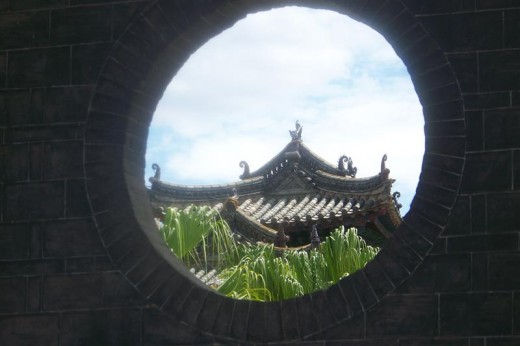
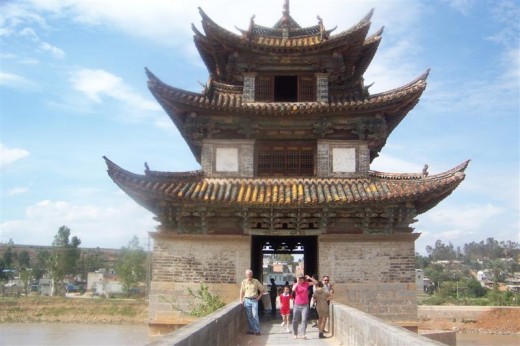
Part of a series
Pictures, pictures, pictures
Series within series, actually. Food & Cooking, for example, then -- within that -- series on vegetables, fruits, seafood, meat, etc. Books, too. Ideas, too. Travel, too. Key virtues:. pictures, clear step-by-step text. Delicious -- whether foods or ideas! All of the series, and all of the items in each series, can be found, organized by floor, at this link: Lee White's Department Store. Happy shopping! -- everything is for free!




